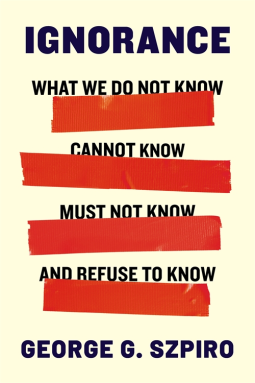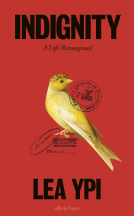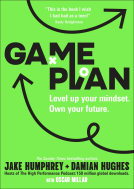Ignorance
What We Do Not Know, Cannot Know, Must Not Know, and Refuse to Know
by George G. Szpiro
You must sign in to see if this title is available for request. Sign In or Register Now
Send NetGalley books directly to your Kindle or Kindle app
1
To read on a Kindle or Kindle app, please add kindle@netgalley.com as an approved email address to receive files in your Amazon account. Click here for step-by-step instructions.
2
Also find your Kindle email address within your Amazon account, and enter it here.
Pub Date 7 Apr 2026 | Archive Date 10 Jun 2026
Talking about this book? Use #Ignorance #NetGalley. More hashtag tips!
Description
George G. Szpiro examines these questions and many others, offering an engaging and witty tour of what we can learn from ignorance. In a series of fast-paced chapters, he unravels problems ranging across science, mathematics, law, economics, politics, religion, psychology, and philosophy—some esoteric, others drawn from everyday life. Ignorance comes in many forms, Szpiro shows. Some questions are only temporarily unsolved; others are inherently unanswerable. Sometimes authorities keep answers from us, for good or ill. Often our assumptions and biases keep us from overcoming our ignorance, and occasionally we choose to remain ignorant—for surprisingly rational reasons.
Ultimately, Szpiro argues, ignorance is not purely negative. It can motivate the pursuit of learning and wisdom—as long as we acknowledge it. Presenting sophisticated topics in an accessible way, this book shows how ignorance sheds light on the nature of knowledge.
Available Editions
| EDITION | Other Format |
| ISBN | 9780231221658 |
| PRICE | $28.00 (USD) |
| PAGES | 344 |
Available on NetGalley
Average rating from 10 members
Readers who liked this book also liked:
Carine Laforest;
Children's Fiction
We Are Bookish
Historical Fiction, Literary Fiction, Multicultural Interest



















